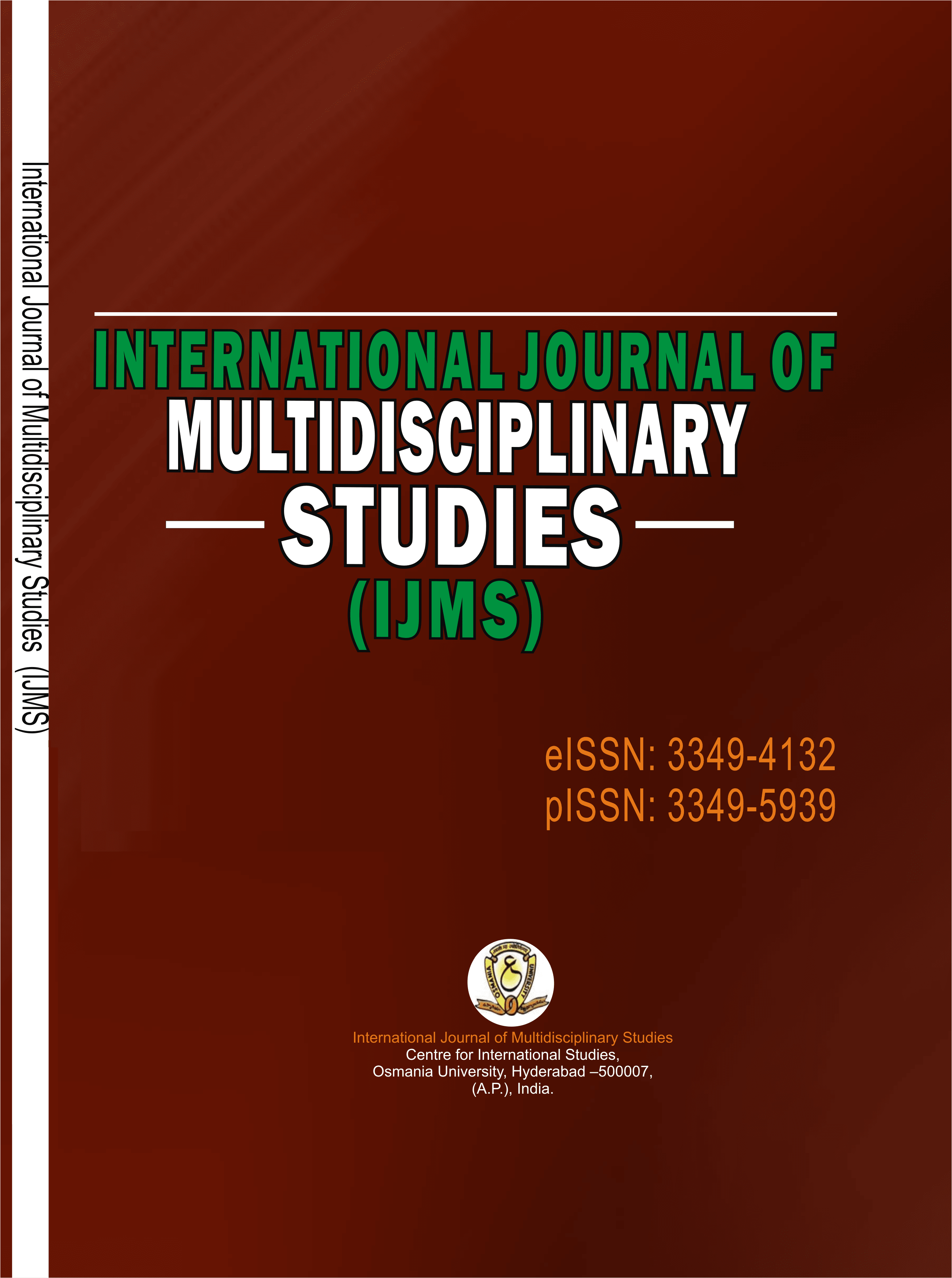INTERNATIONAL JOURNAL OF MULTIDISCIPLINARY STUDIES (IJMS)
BEYOND THE CLASSROOM IN INDONESIA: HOW ORGANIZATIONAL SUPPORT SHAPES ACADEMIC STRESS AND EMOTIONAL WELLNESS
E-ISSN: 3349-4132
P-ISSN: 3349-5939
DOI: https://iigdpublishers.com/article/250
In the era of modern education characterized by technological developments, understanding the factors that affect the academic load and emotional well-being of lecturers and students is very important. This study explores the impact of organizational support, time flexibility, and technological adaptation on the academic load and emotional well-being of lecturers and students in the college environment. Data was collected through an online questionnaire from 120 respondents, consisting of 92 female and 28 male respondents. Meanwhile, from the point of view of time flexibility, as many as 60 respondents came from universities that apply time flexibility. In comparison, the other 60 respondents came from universities that do not apply time flexibility. The data analysis technique used in this study is Partial Least Squares Structural Equation Modeling (PLS-SEM) with Smart PLS software. The analysis results show that high awareness and understanding of lecturers and students on academic load is the main factor that eliminates the significant influence of variables such as organizational support, time flexibility, and technological adaptation to academic load. Nonetheless, the focus of the study shows that organizational support, technological adaptation, and academic load significantly influence emotional well-being. A deep understanding of the relationship between these variables can assist universities in creating an academic environment conducive to the development and well-being of the academic community.
Ferdino Putra Pratama & Raden Johnny Hadi Raharjo
Afrianty, T. W., Artatanaya, I. G. L. S., & Burgess, J. (2022). Working from Home Effectiveness during Covid-19: Evidence from University Staff in Indonesia. Asia Pacific Management Review, 27, 50–57.
Al-Mawee, W., Kwayu, K. M., & Gharaibeh, T. (2021). Student’s Perspective on Distance Learning during COVID- 19 Pandemic: A Case Study of Western Michigan University, United States. International Journal of Educational Research Open, 2.
Allen, I. E., & Seaman, J. (2011). Going the Distance: Online Education in the United States. Babson Survey Research Group and Quahog Research Group.
Allen, T. D., Johnson, R. C., Kiburz, K. M., & Shockley, K. M. (2013). Work Family Conflict and Flexible Work Arrangements: Deconstructing Flexibility. Personnel Psychology, 66, 345–376.
Amir, L. R., Tanti, I., Maharani, D. A., Wimardhani, Y. S., Julia, V., Sulijaya, B., & Puspitawati, R. (2020). Student Perspective of Classroom and Distance Learning during COVID-19 Pandemic in the Undergraduate Dental Study program Universitas Indonesia. BMC Medical Education, 20(392), 1–8.
